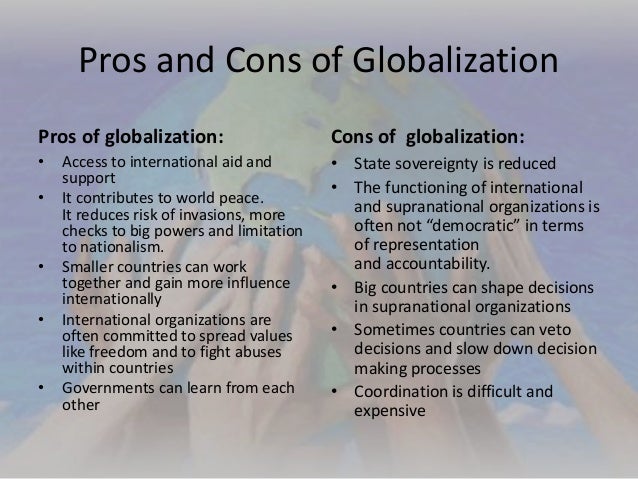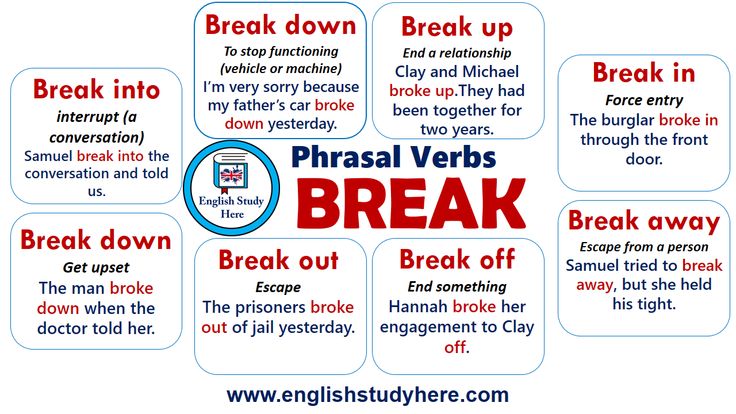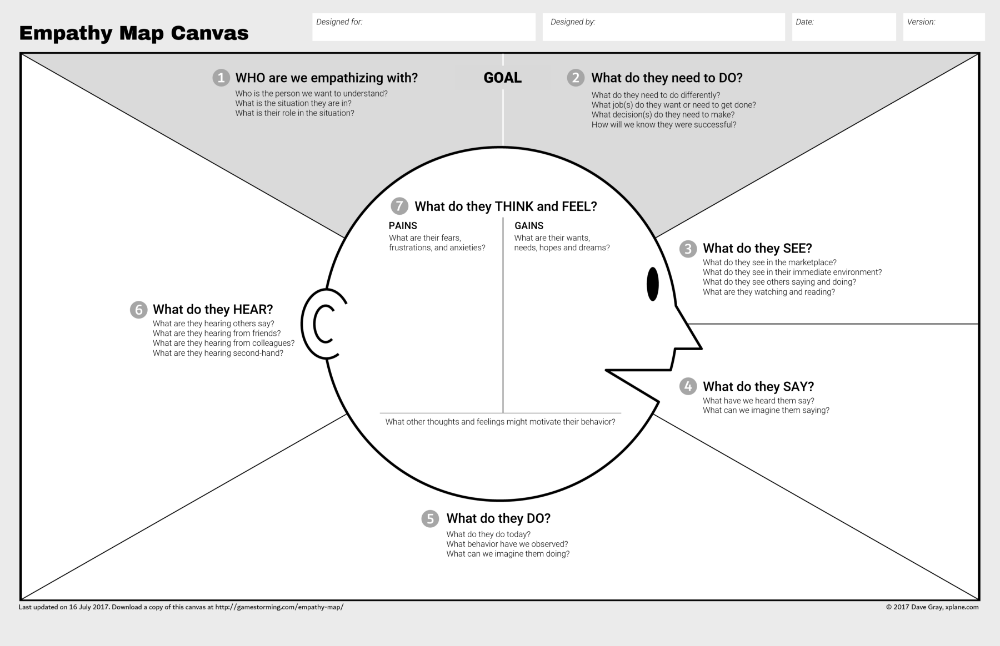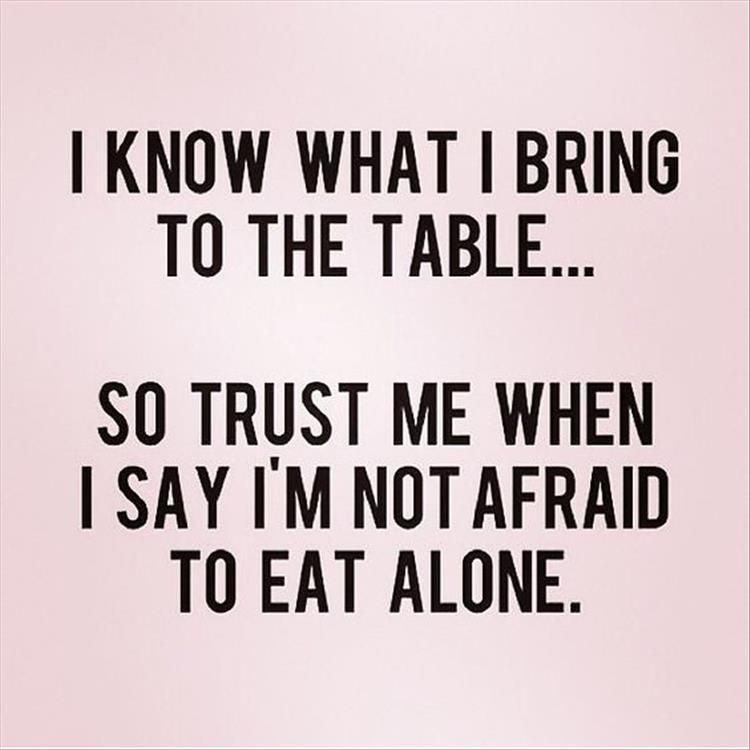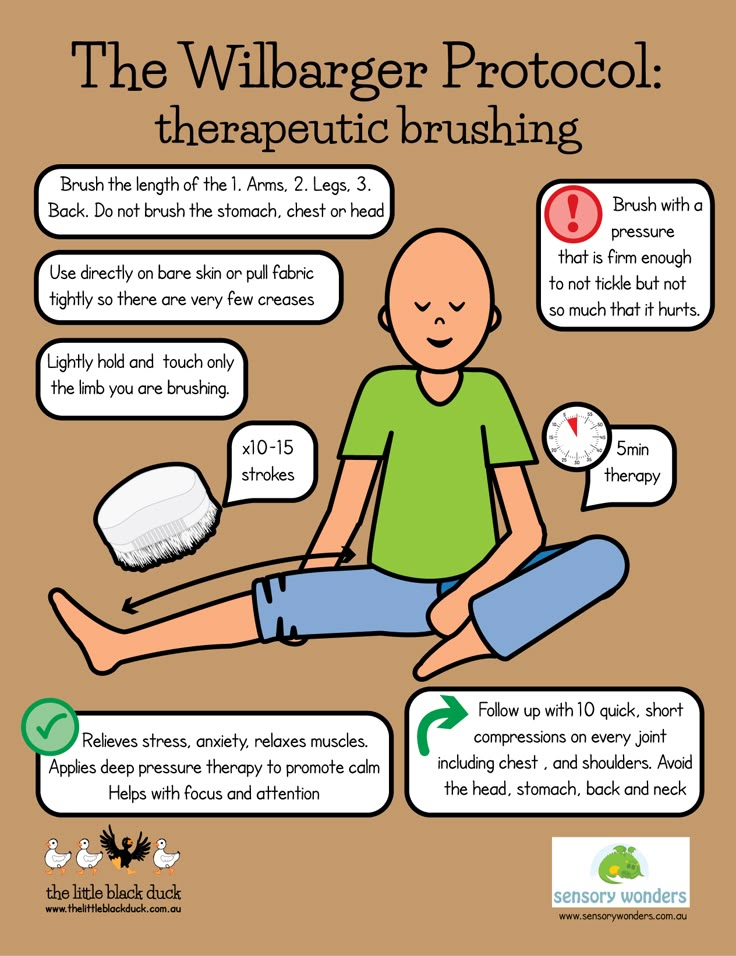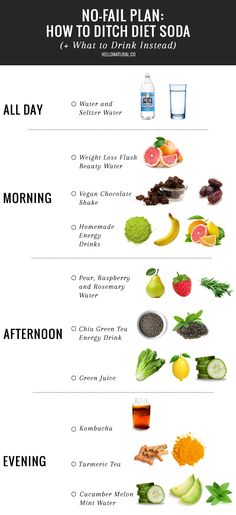Trying to be independent
How To Become Independent → 6 Ways To Increase Independence
Takeaway: None of us can go through life alone, but sometimes, we need more independence. In this post, I'll explain the tips I share with my therapy clients on how they can become more independent.
We all rely on others to some extent--there’s nothing wrong with needing others. Leaning on people for support is part of being human.
As young children, we rely on our parents for everything. In our teenage years, we slowly start to venture into the world and have some personal freedom--yet still ultimately rely on the adults in our lives.
Even in adulthood, we need other people. None of us can go through this life completely alone.
With that being said, it’s also important to feel confident in yourself and your abilities. It feels good to know that you can trust yourself to make your own decisions and handle things on your own.
Becoming independent can be easier said than done.
However, with a little practice you can feel more in control over your life.
Hi, I'm Justine Carino, a therapist in Westchester. Read on for my top tips on how to become independent.
Tips for how to become more independent
People don’t just wake up one day and magically become independent (though wouldn’t that be nice?) Independence is a trait that takes practice to build. These skills can help you do that.
Learn more about yourself
The first step to becoming more independent is knowing what you want--and acting on it. If you’re consumed with the idea of what other people think or want, you’ll never gain true autonomy.
It’s not a bad quality to consider the opinions of others. However, when you value the thoughts and feelings of other people over your own, you undermine your own authority.
If you really want to be more independent, it’s essential to get to know yourself: your personality, likes and dislikes, needs, and goals. You can use journaling, meditation, time in nature, or whatever fits your personality to gain a deeper understanding of yourself.
Spend time with yourself
Having time alone to build independence seems obvious, but it’s easier said than done. Many people struggle to eat alone at a restaurant, go shopping by themselves, or even be at home without another person there.
However, part of learning how to become more independent is developing the ability to not only be alone, but to enjoy time with yourself.
Use this alone time to be with your thoughts instead of pushing them aside or focusing too intently on others. Time with yourself is also great for fostering the hobbies and activities that you enjoy.
It may feel uncomfortable at first, but having time alone will help you gain a sense of self-sufficiency. The more you practice, the more you will feel comfortable spending time by yourself.
Build your confidence
Believe it or not, confidence isn’t something you either have or you don’t--or at least it doesn’t have to be. Self esteem is something that you can intentionally build over time.
Challenge yourself to think about the things that you like about yourself. They can be related to your physical appearance, personality traits, or any talents or skills you have. Write these down and display them where you can see them often, and add to the list whenever you can.
You can also build confidence by talking back to the negative voice in your head that tells you you’re not good enough--it’s not true!
Working on your self esteem can help you roll back your dependence on other people and give you the boost you need to start making decisions yourself.
Uncover what’s holding you back
Many people can find it difficult to become more independent. It can be challenging to figure out what’s holding you back from having more authority over your life.
Sometimes, past experiences in life can keep you from moving forward in a way that aligns with your values and goals. There can also be other factors in your life that leave you feeling more reliant on others than you want to be.
Therapy can help you make sense of this all. With the support of a therapist, you can uncover what’s preventing you from becoming more independent and learn new skills to be your own person.
Advocate for yourself
Becoming more independent involves standing up for yourself. If you constantly bend to what other people expect of you, even if it doesn’t align with your values, it will be difficult to ever feel truly independent.
There is a common misconception that you need to be aggressive in order to stand up for yourself. However, you don’t need to be rude or harsh in order to advocate for yourself.
Self-advocacy may entail standing up for yourself when someone hurts your feelings, sharing your thoughts in a group, or telling people what you need or how you feel. It can be done in a calm yet firm way.
Standing up for yourself shows that you can have your own back in difficult situations instead of having to rely on someone else. Practicing this skill can help you feel more independent.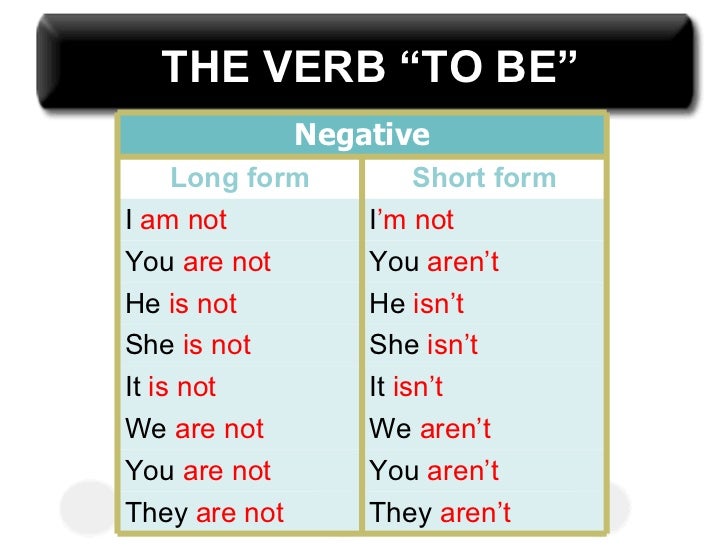
Be your own support system
Part of learning how to become independent is learning how to support yourself emotionally. Of course, it’s always important to keep supportive people in your life that you can rely on. However, it’s unrealistic to think that they will always be there for you in the specific way that you need them to be at the exact time you need them to be there.
It’s important to foster your ability to be your own support system at times. Using coping skills like breathing exercises, walking, taking a hot bath, or other self-care activities are ways of showing yourself love and support.
Building your capacity to be there for yourself can help you grow your independence since you won’t need to constantly rely on others for support.
Learn how to become more independent with the help of a therapist
Are you still feeling unsure about how to become independent? In therapy, you can learn more about yourself and find strategies to help you step into your own.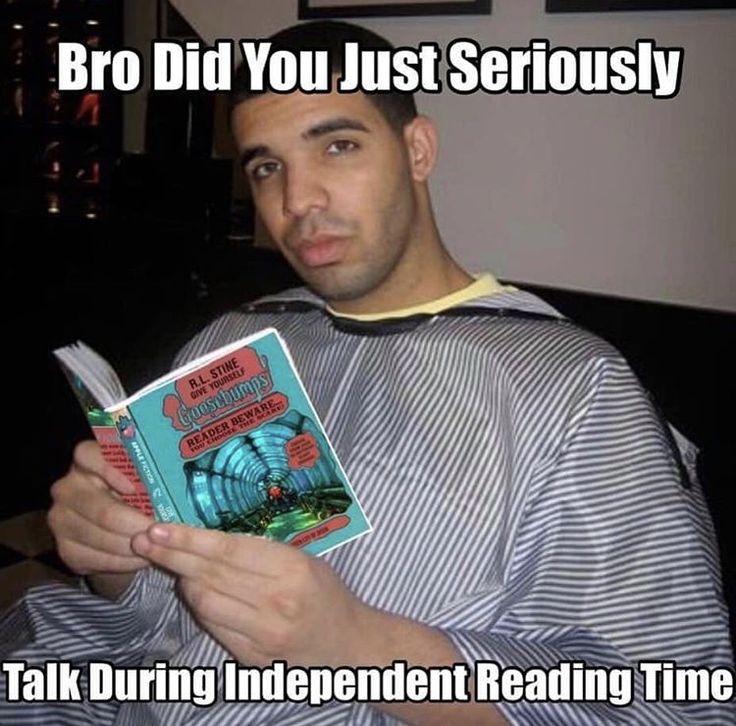 I'm a therapist in Westchester County, NY. If you’d like to learn more about how therapy or coaching can help you learn how to become more independent, reach out today.
I'm a therapist in Westchester County, NY. If you’d like to learn more about how therapy or coaching can help you learn how to become more independent, reach out today.
Curious if "people-pleasing" tendencies causes some anxiety which makes it difficult to be on your own, take my "people-pleaser" quiz to find out the type of people pleaser you are and get tips on how to manage this. You can take the quiz here!
4 Ways To Be More Independent
Back in 1999, in the song Independent Women, the ladies of Destiny’s Child issued the following command: “All the women who are independent, throw your hands up at me.” And I don’t know about you, but when Beyoncé tells me to throw my hands up at her, I see only one option: I throw my hands up – way, way up – and I proclaim my independent spirit in her general direction.
It’s an attractive concept, after all. Certainly we all would like to say that we are independent, that we take charge of our own stories, and that we have a reason to throw our hands up in celebration of our self-sufficiency. But sometimes that’s just not the case. Sometimes we are dependent. Sometimes we find ourselves relying on other people more than we rely on ourselves. And honestly, that’s OKAY. Life throws some curveballs, and we are not meant to handle everything on our own.
But sometimes that’s just not the case. Sometimes we are dependent. Sometimes we find ourselves relying on other people more than we rely on ourselves. And honestly, that’s OKAY. Life throws some curveballs, and we are not meant to handle everything on our own.
However, there is definitely such a thing as relying too heavily on other people. In any relationship – be it a friendship, a romantic relationship, or otherwise – it can be problematic when someone else’s desires, goals, thoughts, or emotions eclipse your own. Over-reliance on another person can cause you to lose confidence, delay your ambitions, and neglect your own needs. And that’s just not cool.
So look, here’s the deal: I’m sure the people in your life are great. Your friends, your parents, your siblings, your coworkers, your boyfriend, whoever else – I’m betting all of these folks are top notch, hilarious, brilliant, beautiful human beings who deserve your love and affection (at least I hope that’s the case).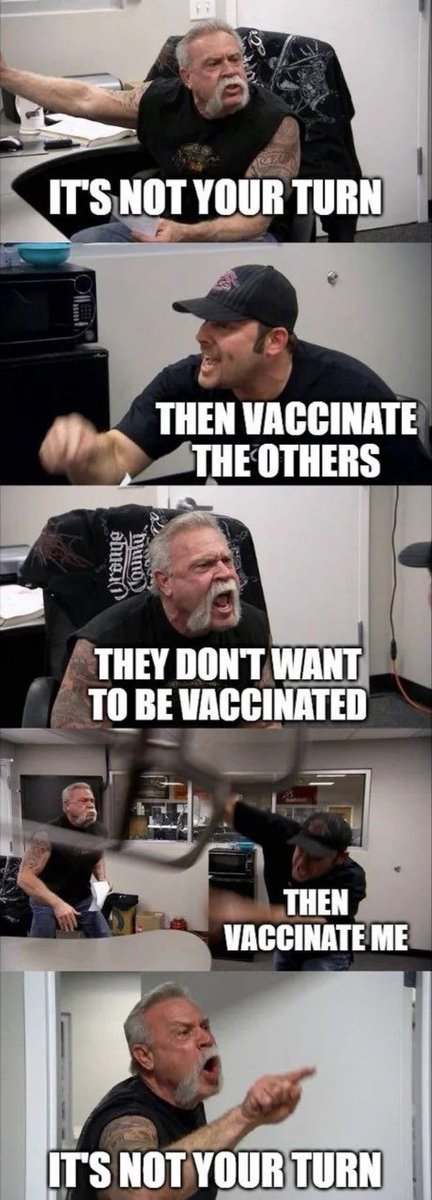
But if any of these relationships are causing you to lose your sense of self, perhaps it’s time to take a step back and reclaim some independence in your life. Here are four ways to be more independent:
So often we crowd source decisions that we could easily make on our own. Sure, it’s helpful to get someone else’s opinion every now and then, but sometimes it just inhibits you from being confident in your own judgments. This goes for big decisions as well as seemingly insignificant ones. For instance, are you trying to decide between ordering a Cobb salad or a veggie burger? There’s no need to consult your dinner partner to see what they’re having. Believe it or not, you can just pick one. Are you unsure if the email you just drafted makes you sound casual or crazed? Fight the temptation to show it to your friend or whoever happens to be around for feedback. Just read through it yourself and send it. While it seems minor, giving yourself the freedom to make your own choices can have a big impact.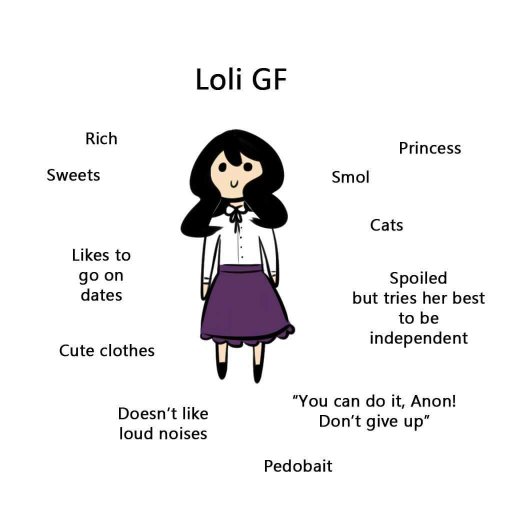
Related: 6 Reasons Why You Should Do Things Alone
If you feel that you’ve been losing yourself a bit lately, it might be because you are focusing all of your energies on someone else. It’s time to check in with yourself. Take some alone time and reconnect with something that you love. Do you love to write? Get writing. Do you love to kickbox? Get kickboxing. Whatever it is, make it a practice that is just for you and no one else. And while you’re at it, schedule this time for yourself regularly. And by “schedule,” I mean physically write it on a calendar just like you would any other important event in your life.
Just a reminder: you’re fantastic. You have special skills, a unique worldview, and you deserve to be here just as much as anyone else. But you don’t need me to tell you that. You need to hear it from yourself. Get out that notebook of yours, and write down at least ten, yes TEN, things you love about yourself. Ignore that voice in your head that keeps telling you the lie that it’s selfish to appreciate things about who you are. Instead, replace it with a voice that says, “I’m awesome, and here’s why!” Once you are in tune with positive qualities in yourself, you will be far more likely to want to work hard for the amazing individual you are.
Instead, replace it with a voice that says, “I’m awesome, and here’s why!” Once you are in tune with positive qualities in yourself, you will be far more likely to want to work hard for the amazing individual you are.
If you’ve taken a Psych 101 course, perhaps you are familiar with the term locus of control. This idea essentially relates to whether you see yourself as being in the driver’s seat of your life. Those with an internal locus believe that their own thoughts and choices affect the world. Those with an external locus tend to feel controlled by events, people, and circumstances outside of themselves. If you’re lacking independence right now, it’s likely that your locus of control is a bit external. In times of stress or pain, you tend to wait on others to come into your life to affect your emotions. But true independence comes when you find that you are able to give yourself emotional support, when you realize that your feelings exist inside of you and that they can be soothed by you as well.
That being said, allow yourself to feel your emotions. Don’t shrug them off as no big deal. Really experience them, and give yourself space to find out for yourself what makes you feel comforted. Remember that you have the ability to affect change in yourself and in the world around you.
And after you do that, go ahead and throw your hands up at me, you independent thing you.
How the desire to be strong and independent can turn against you
November 17, 2021 A life
The desire to rely on oneself in everything limits the possibilities and leads to burnout.
You can listen to the article. If it's more convenient for you, turn on the podcast:
Independence is positioned as exceptionally good quality. And quite rightly: an adult capable person should be able to take care of himself.
But the concept of "independence" is often distorted and exaggerated, implying that one must completely refuse support and help and independently cope with absolutely any situation, even a very difficult one.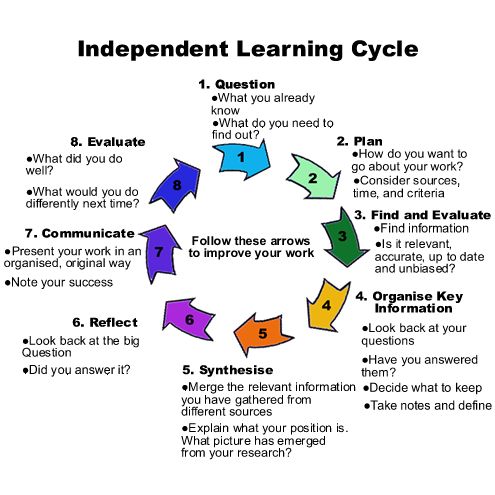 This approach can be very harmful. nine0003
This approach can be very harmful. nine0003
Why it is dangerous to be strong and independent
Psychologists believe that there is a direct correlation between the level of life satisfaction and the ability to trust other people in case of difficulties, rely on them.
It also works in the opposite direction: if a person furiously proves his status as strong and independent, he risks being isolated, which in turn can lead to depression. But this is not the only problem.
This leads to burnout
“Since I'm independent, I have to do everything myself. Don't ask for help, don't delegate tasks, don't try to make things easier." This logic guides those who take independence literally. And so they really try to proudly pull the strap all alone, both at work and at home, refuse help, do not allow themselves to relax.
This leads to tremendous fatigue, emotional stress and eventually to burnout, when there is not enough strength even for elementary tasks. Because to take on everything and live with the feeling that no one will take this burden off you, and the truth is very difficult. nine0003
Because to take on everything and live with the feeling that no one will take this burden off you, and the truth is very difficult. nine0003
Learn 😐
- What is burnout at work and how to deal with it
It deprives interesting opportunities
People who never ask for help are less likely to make useful contacts, learn something new or get interesting things offer.
For example, a person is looking for a job. He can immediately go to the site with vacancies, or he can first ask friends, ask subscribers on social networks and ask them to repost his resume. It is quite possible that word of mouth will lead him to a good employer who just needs a new employee, but prefers to look for him among "his own". And the “independent” candidate would never have come up with this proposal if he had not asked friends for help. nine0003
This increases the risk of being alone
In no case should you depend on other people, not only financially, but also emotionally. And any close relationship is a real addiction. You no longer fully belong to yourself, you become more vulnerable, plans and goals need to be adjusted in accordance with the goals and plans of your partner.
And any close relationship is a real addiction. You no longer fully belong to yourself, you become more vulnerable, plans and goals need to be adjusted in accordance with the goals and plans of your partner.
A person who painfully wants to be independent may think so and will carefully avoid intimacy. This means that he runs the risk of building such a thick wall around himself that no one can break through it. nine0003
Get it right 🛑
- Counterdependence: why a person avoids close relationships and what to do about it
This increases the chances of making a mistake
Strong and independent people prefer not to consult with anyone and rely only on their own mind and their knowledge. At the same time, they can miss something important and make a serious mistake, “do things”. nine0003
Let's say a person wants to buy a house and chooses it himself, without consulting with friends who already have such experience, or with consultants who help to check the property and choose the right one.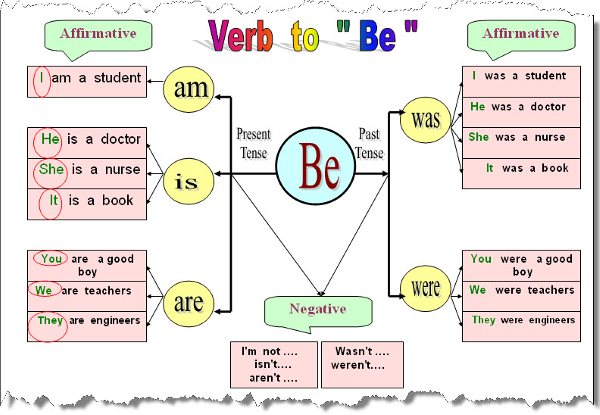 Everything can end happily, but there is a risk that a person will be deceived, for example, after the purchase, serious technical flaws or problems with documents will be revealed. And all this could have been avoided if someone had looked at the situation with a fresh, unfiltered look.
Everything can end happily, but there is a risk that a person will be deceived, for example, after the purchase, serious technical flaws or problems with documents will be revealed. And all this could have been avoided if someone had looked at the situation with a fresh, unfiltered look.
It prevents you from letting your feelings go
Independent means no whining, no snot or weakness. You can’t admit that you feel bad and sad, you need to keep your tail with a gun, behave according to the principle of “smile and wave” and generally show in every possible way that you have everything under control.
The only problem is that blocking negative emotions can lead to depression and other mental disorders.
What it means to be dependent and why it is not always bad
There is nothing terrible in moderate dependence on other people, it does not make a person weak and good for nothing. Being moderately dependent on someone does not mean sitting on his neck and refusing to solve your problems on your own. nine0003
nine0003
In fact, this is the ability to trust another person, to rely on him, to ask him for support and help if needed, to admit that you are not omnipotent, that you have the right to fall apart, not to know something, not to cope with the situation.
And this approach, according to psychologists, has its advantages.
- You take some of the pressure off yourself when you ask for help or delegate tasks.
- You increase your efficiency by collaborating with others. nine0030
- You can learn a lot and gain valuable experience.
- You make your relationship stronger and deeper because you are more open and you learn to trust your partner.
What does being strong and independent mean to you? Share your opinion in the comments!
Read also 🧐
- 12 adult problems that life did not prepare us for
- How to stop pleasing others: 5 steps to independence
- Why we are not born smart and independent all at once
*Activities of Meta Platforms Inc. and its social networks Facebook and Instagram are prohibited in the territory of the Russian Federation.
and its social networks Facebook and Instagram are prohibited in the territory of the Russian Federation.
how love and independence get along
You and me: how love and independence get alongPsychologySubscribe
Group 7Created with Sketch.We talk a lot about how not to get into a codependent relationship. To fall under the influence of a partner is now one of the fears of modern people who rebuild their personal boundaries and protect their own interests. And yet, when two (or more) people begin to meet or live together, there inevitably comes a moment when partners are forced to reckon with each other's interests and plans. We figure out how to maintain your independence and at the same time not lose the depth of relationships. nine0021
When partners are in synergy
The issue of independence of partners in a relationship often becomes acute when the first stage of falling in love passes. At first, when the brain is under a flurry of hormones, people rarely think about being apart. At this time, both people tend to do everything together, attend joint events, meet friends, go away for the weekend. This stage is characterized by attempts to match the partner’s preferences as much as possible both in actions and in appearance, when the wrong color of a T-shirt or nail polish is perceived as a harbinger of disaster and imminent separation. When the period of the hormonal flurry passes, the partners begin to separate from each other and rebuild their own boundaries after grinding. The future of these relations will depend on how successfully this stage is passed. nine0003
At this time, both people tend to do everything together, attend joint events, meet friends, go away for the weekend. This stage is characterized by attempts to match the partner’s preferences as much as possible both in actions and in appearance, when the wrong color of a T-shirt or nail polish is perceived as a harbinger of disaster and imminent separation. When the period of the hormonal flurry passes, the partners begin to separate from each other and rebuild their own boundaries after grinding. The future of these relations will depend on how successfully this stage is passed. nine0003
But such a merger of partners is also possible at the later stages of the relationship, it occurs as a result of established habits, shared life. At this stage, partners can have joint cards, loans and bank accounts, mutual friends, a vacation plan and monthly expenses scheduled for the year ahead. As long as everything is in order and both people play according to pre-agreed rules and feel comfortable, there is nothing to worry about. But as soon as phrases like “If I change my haircut, my partner / my partner will break up with me” or “I can’t go to a meeting with friends / girlfriends, my partner / my partner controls my finances” begin to slip in the conversation, for whom - this can be a wake-up call. nine0003
But as soon as phrases like “If I change my haircut, my partner / my partner will break up with me” or “I can’t go to a meeting with friends / girlfriends, my partner / my partner controls my finances” begin to slip in the conversation, for whom - this can be a wake-up call. nine0003
Sometimes partners can depend on each other not even financially or physically, but emotionally. When one feels bad, the other suffers for the company, when one has fun, the other also has fun, even if he doesn't want to.
Moreover, up to a certain point, such relationships will not seem toxic to partners, even if they look like that from the outside.
This may be a variant of the norm
If a person perceives as a norm that one partner should control the other, then you are unlikely to be able to convince him. A person could grow up in a family where one parent was in charge of the entire family budget, solved wardrobe issues for everyone and set the mood. A partner who has grown up in such conditions and has little idea of the limits of his own personal boundaries can look for a companion who will take on the functions of the same person or, on the contrary, will play a more passive role and will not interfere with "steer".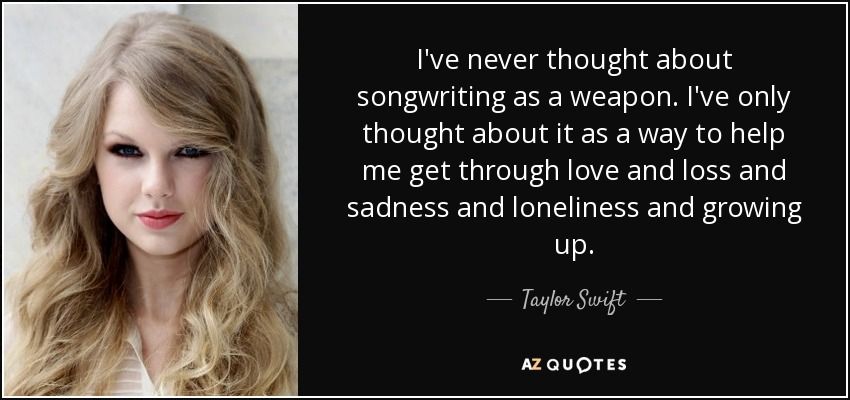 nine0003
nine0003
The price of intimacy
Dependent partners may not give up self-interest because they are forced or put before the choice "Me or your friends/hair/nails/money". Sometimes such conversations may not even happen at all. For some people, this correspondence of requirements to each other is the key to maintaining intimacy, connection with a partner, the main value of relationships. This motif has remained with us since the early stages of evolution, when communication with other individuals was the key to survival. Wrapped in a cultural context and stereotypical scenarios of behavior, the fear of losing loved ones has survived to this day. This is one of two strategies for coping with fear that Sue Johnson describes in her book Hold Me Tight. nine0003
The second strategy consists in complete “separation” from the partner, then the person closes and moves away in order to completely exclude the possibility of falling under the influence of the chosen one. But this is not a synonym for independence from a partner.
Is independence possible in a relationship?
Of course, because we live in a modern society and are not the property of those with whom we share life, a bed, a subscription to TV shows and the last tea bag. But the general norms and the gold standard of independence for partners have not yet been invented, and for each person the ratio of the categories "I" and "we" will be individual. It is more comfortable for someone to agree on a shopping list for a month in advance with their partner, and someone believes that spontaneous departures for the weekend are his/her inviolable right and are not subject to discussion. And whether for you the acceptance of the position of a partner and the rejection of your own wishes is the result of dependence or respect for a partner, it is up to you to decide. nine0003
“Of course, when we are in a relationship, we have affection for a partner and this is normal. Do not confuse attachment with addiction. Addiction is when I can’t imagine my life without a partner, when he plays the role of a parent for me, covering my needs (emotional, physical or financial), while I can’t close them on my own.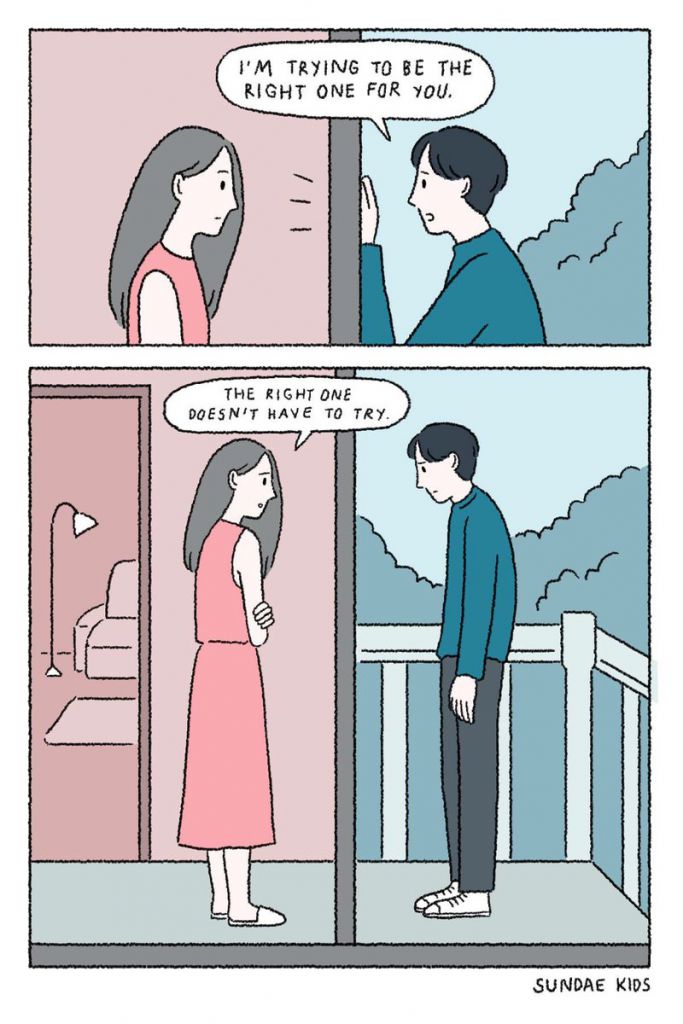 Where there is addiction, there is always the fear of losing a partner, jealousy, suppression of oneself and adjustment to the opinions of others. nine0130
Where there is addiction, there is always the fear of losing a partner, jealousy, suppression of oneself and adjustment to the opinions of others. nine0130
Kristina Kostikova, psychologist, psychoanalytic psychotherapist, sex therapist and business coach, member of the Association for Psychoanalytic Coaching and Business Consulting, author and expert of Psychologies, Lifehacker.
Independence grows out of the emotional maturity of both partners. Where the fear of losing a partner gives way to the desire to develop relationships, make them better and ensure the further growth of partners. In some situations, people need to make joint plans and rely on each other, while in others they need to let go and trust each other. nine0003
“It is impossible to be completely not included in the emotional sphere, since the partner is important to you and what happens in a couple in any case affects the emotional background of each other, regardless of the level of personal development. But it is independence that allows you to separate your personal experiences from your partner’s feelings, to feel your desires and needs, not to collapse and not blame / shame yourself for your partner’s mood, but to build mature constructive communication with each other, having the motive to hear your partner, express your need and find a solution that will satisfy both. Independence allows you to autonomously cover all your needs, without expecting this from a partner and thus not entrusting him with a parental role, because when the relationship goes into the “parent-child” stage, passion, attraction, sex leave from there and more claims and resentments appear. Independence allows you to build personal boundaries and thereby not waste your energy on things that do not suit you. Independence is when you don't betray yourself and your inner values." nine0130
But it is independence that allows you to separate your personal experiences from your partner’s feelings, to feel your desires and needs, not to collapse and not blame / shame yourself for your partner’s mood, but to build mature constructive communication with each other, having the motive to hear your partner, express your need and find a solution that will satisfy both. Independence allows you to autonomously cover all your needs, without expecting this from a partner and thus not entrusting him with a parental role, because when the relationship goes into the “parent-child” stage, passion, attraction, sex leave from there and more claims and resentments appear. Independence allows you to build personal boundaries and thereby not waste your energy on things that do not suit you. Independence is when you don't betray yourself and your inner values." nine0130
Kristina Kostikova
How to keep a balance?
The hardest and most basic thing is to build personal boundaries.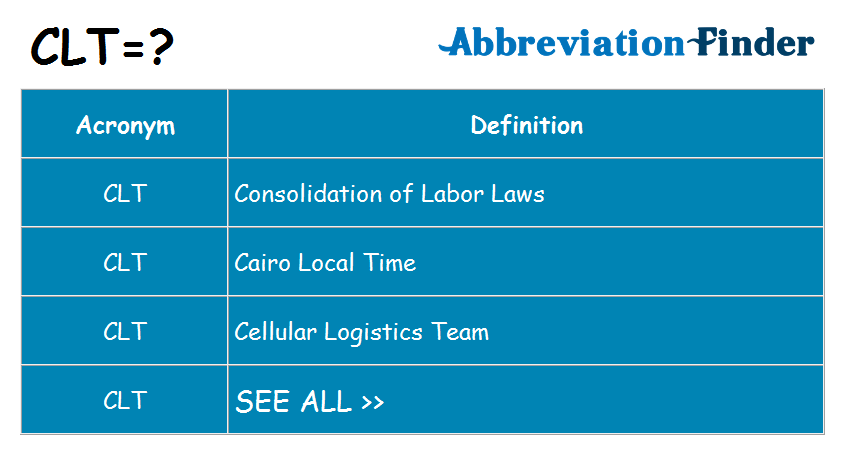 If you already have an idea of your personal boundaries and know where your partner's similar boundaries lie, then you can move on. The next stage is no less difficult, but useful:
If you already have an idea of your personal boundaries and know where your partner's similar boundaries lie, then you can move on. The next stage is no less difficult, but useful:
Talk
“It is important to support each other by speaking honestly about your thoughts and feelings, not imposing your opinion on your partner, but listening to his position. It is important to talk with a partner from the "I-position", that is, about your desires, feelings, boundaries, but without accusations and reproaches" , advises Christina Kostikova.
Support your partner
As paradoxical as it may sound, some seemingly basic things need to be allowed to each other. This may be due to the fact that the partner is at the mercy of some imposed behavioral stereotypes in the spirit of "girls don't swear, and men don't cry." By allowing such seemingly trifles to each other, partners contribute to greater trust.
“In a situation of dependence, a partner cannot honestly express his opinion and manifest himself, because he is afraid of being rejected, abandoned, afraid that he will not be accepted and out of love, so he adjusts.
Learn more

